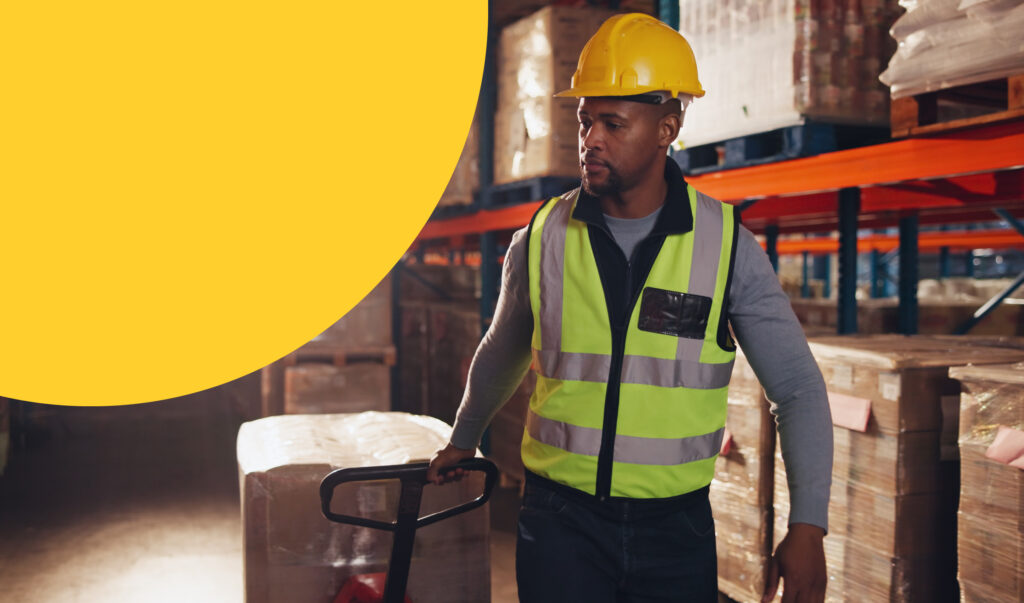Sedex's Position on the EU Omnibus Proposals
While the EU’s proposed changes and delays continue to affect the regulatory landscape, other drivers for corporate sustainability remain – as do the benefits for companies leading the way in this.
The most successful businesses will be those that use delays and reduced reporting scopes to stay focused on action, positive impact and continuous improvement, supporting their long-term resilience.
Regulation is the floor, not the ceiling
The European Commission’s Omnibus proposals mark a shift in corporate sustainability, refining key regulations – the Corporate Sustainability Reporting Directive (CSRD) and the Corporate Sustainability Due Diligence Directive (CSDDD) – to streamline ESG compliance and shift business accountability.
Regulation is a baseline for businesses, not the goal. Sustainability and human rights efforts predate the CSRD and CSDDD, and will continue regardless of regulatory changes. And while most of the proposals aren’t yet confirmed, many countries have already integrated elements of the CSRD and CSDDD into their national laws.
This means uncertainty remains. Should companies adhere to the local laws of the countries they operate in, expect these to change, or anticipate everything in the Omnibus as the new legal standard?
Consumer and investor pressures for ethical, sustainable business are constantly and rapidly growing. Most companies recognise that action on social and environmental concerns is a strategic necessity for competitive advantage, supply chain continuity and stakeholder engagement.
Already, 85%[1] of the S&P 500 and 93% of the FTSE 100 report against the Carbon Disclosure Project, and 98%[2] of the S&P 500 use Global Reporting Initiative (GRI) frameworks. This demonstrates a proactive, resilient approach in an evolving regulatory landscape.
Learn more with our on-demand webinar on the Omnibus Proposals.
Transparency, visibility and voluntary reporting for supply chain agility
The Omnibus proposals prompt a refocus on a core reality: companies that integrate sustainable sourcing and due diligence efforts into their supply chains mitigate risks and gain a competitive edge more effectively.
Investors, consumers and regulators demand accountability, and businesses that act transparently will be better positioned for current and future market instability. Sustainable investment now accounts for over $30.3 trillion globally (GSIA, 2023[3]). Businesses cannot afford to wait for legal mandates.
Strengthening social, environmental and ethical practices stimulates resilience, protects brand reputation and aligns with growing investor and consumer expectations. Regulations provide a structure that business can leverage beyond compliance to ensure long term adaptability.
As climate-related risks increasingly threaten physical operations throughout supply chains, this adaptability is crucial for resilience, no matter what legislation requires. Research from the World Economic Forum and others estimates businesses that fail to adapt to climate risks could be losing up to 7% of earnings annually by 2035[4].
We remain committed to guiding our customers through regulatory shifts, offering workable, scalable solutions to ensure due diligence remains both effective and practical for businesses of all sizes.
The data imperative: Strengthening supply chain due diligence and depth
Supply chain sustainability remains a critical gap in corporate strategies due to its complexity. Many companies lack visibility beyond Tier 1 suppliers, where the most severe environmental and human rights risks persist. Yet consumers are no more willing to accept modern slavery, or other forms of exploitation, than they were before the EU proposed alterations to its plans.
The reality is that sustainability risks typically increase in the lower tiers of supply chains. As public scrutiny grows, businesses that invest in deeper supply chain visibility will be better equipped to navigate risks, disruptions and shifting expectations.
High-quality, standardised data on environmental, ethical and social topics is fundamental for risk assessment, benchmarking and corporate due diligence. Without robust supply chain transparency and site-level insight, businesses jeopardise long-term viability.
Cross-industry collaboration: A catalyst for scale and progress
Collaboration is the driving force behind greater supply chain transparency and effective due diligence. The conversation should not be about choosing between simplifying reporting or ensuring due diligence: it must be about making transparency, accountability and collaborative resolution the norm.
By working together, industries can streamline and develop effective processes to make supply chain transparency the norm. Through collaboration, combining resources and sharing learnings, businesses across every supply tier can both contribute to and benefit from more sustainable operations.
Our commitment to in-depth supply chain due diligence
We support the principles of enhanced supply chain due diligence and transparency, whether or not they underpin the Omnibus proposals.
As a leading due diligence platform, we go beyond compliance to champion voluntary additional disclosure and help companies to continuously improve. We help businesses integrate sustainable sourcing data into supply chain strategies, increasing transparency and resilience.
We advocate for voluntary enhanced reporting and collaborative solutions, empowering companies to stay agile in an evolving legal landscape. Regulatory compliance is just one potential starting point, not the end vision for sustainable business. Proactive engagement, data-driven decisions, and cross-industry collaboration will define the businesses of tomorrow.
We remain committed to guiding our customers through regulatory shifts, offering workable, scalable solutions to ensure due diligence remains both effective and practical. We advocate for frameworks that drive meaningful impact and improvement on the ground while remaining achievable for businesses of all sizes. We look forward to working with stakeholders to navigate this evolving compliance landscape efficiently and responsibly.
Industry call
We invite discussions with industry peers, regulators, and partners to refine best practices and ensure supply chain due diligence evolves. We want to ensure our due diligence framework and solutions continue to meet the needs of business, consumers and regulators in a rapidly evolving landscape.
Reach out to me (Audrey Clavedon), or your usual Sedex contact, to join the conversations.
[1] https://www.cdp.net/en/data/scores
[2] https://www.ibm.com/think/topics/global-reporting-initiative#:~:text=In%202023%2C%2098.6%25%20of%20S%26P,standards%20to%20guide%20that%20reporting
[3] https://www.gsi-alliance.org/members-resources/gsir2022/
[4] https://www.weforum.org/press/2024/12/climate-hazards-will-slash-7-off-corporate-earnings-annually-by-2035-research-warns/



